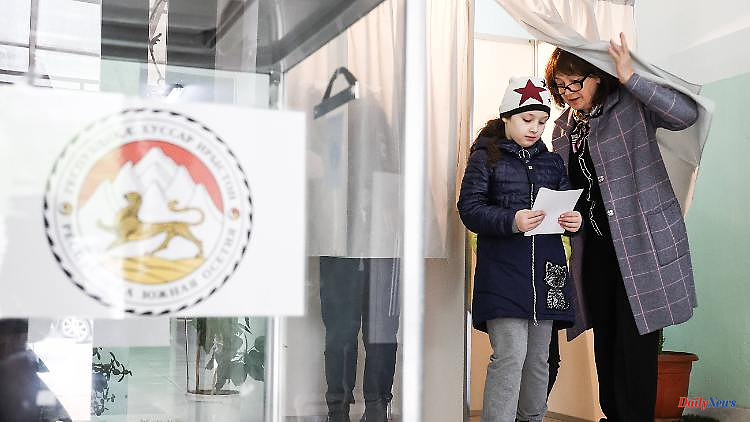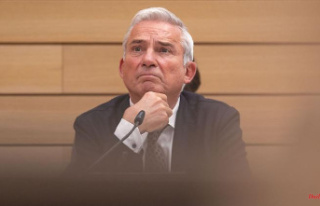While Russia is at war in Ukraine, the separatist region of South Ossetia wants to finally secede from Georgia and join the Russian Federation. A corresponding referendum is planned for mid-July. But the new government in the area is now calling off the plans.
The Georgian separatist region of South Ossetia has canceled a referendum planned for mid-July on joining Russia. The new head of state of the pro-Russian enclave, Alan Gagloyev, canceled his predecessor's plans for a referendum. In a decree, he emphasized the "uncertainty about the legal consequences" of a referendum. It is not permissible to unilaterally decide by referendum on issues that affect the "legitimate rights and interests of the Russian Federation," it said. Instead, Gagloyev announced talks with Moscow about the "further integration" of South Ossetia.
Gagloyev's predecessor, Anatoly Bibilov, issued a decree about two weeks ago calling for a referendum on South Ossetia's accession to Russia, emphasizing that this corresponds to the "historic aspirations" of the people in the region. However, Bibilov had lost the subsequent election to Gagloev. Russia expected him to ensure the "continuity" of relations.
Russia officially recognized the independence of the pro-Russian separatist region and neighboring Abkhazia in August 2008 after a brief military conflict with Georgia. Since then, Russian forces have been stationed there. South Ossetia has around 60,000 inhabitants.
Georgia is firmly opposed to the accession of what it considers a breakaway region to Russia. This puts the country in a similar situation to Ukraine, where shortly before the start of the war Moscow also recognized the independence of the pro-Russian separatist regions in the east of the country. Russia has now issued the majority of South Ossetian citizens with Russian passports, and the ruble is used as a means of payment.
In March, the chief prosecutor at the International Criminal Court (ICC) in The Hague, Karim Khan, called for arrest warrants for three current and former South Ossetian leaders in connection with war crimes against ethnic Georgians. The allegations include torture, illegal detention, hostage-taking and the deportation of people - similar allegations are currently being made by Kyiv against Moscow and its allies.












